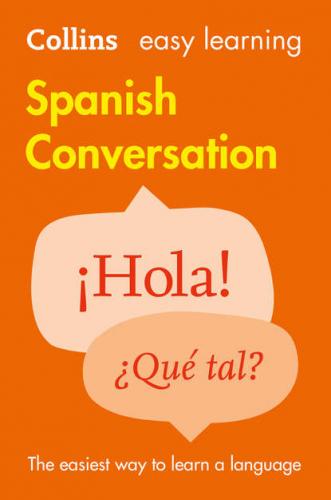| cu | – like English queen (cuatro) |
| ch | – like English church (chicle) |
| d | – at the beginning of a word, say it like deep (deporte) between vowels and after consonants, it’s similar to though (querido, andén) |
| at the end of words it’s often not pronounced (verdad) |
| g | – like English goat (gamba, grifo) EXCEPT before e and i (gente, gimnasio) when they’re pronounced: |
| like loch in some parts of Spain | |
| like h in other parts of Spain and all Latin America |
| gu | – before a like gw (guardar) |
| – before e and i like get (guerra, guitarra) |
| h | – this is never pronounced |
| j | – (jefe, junio) is pronounced: |
| like loch in some parts of Spain | |
| like h in other parts of Spain and all Latin America |
| ll | – like English yet (ampolla) |
| ñ | – like English onion (español) |
| qu | – like keep (quince) |
| z | – (zanahoria, zumo) is pronounced: |
| like English thin in most of Spain | |
| like English same in other parts of Spain and all Latin America |
To make your Spanish sound more fluent, it’s important to emphasize the right syllable. The rules for this are very simple.
• If a word ends in a vowel, in –s or in –n, and has no written accent, you emphasize the last syllable but one:
| la playa (beach) | amueblado (furnished) | ||
| el equipaje (luggage) | compramos (we buy) | ||
| el parachoques (car bumper) | joven (young) |
• If a word ends in any consonant other than –s or –n, and has no written accent, you emphasize the last syllable:
| el despertador (alarm clock) | aparcar (to park) | ||
| el animal (animal) | andaluz (Andalusian) | ||
| la verdad (truth) | el español (the Spanish language) |
• Any words which are exceptions to these rules have a written accent to show which syllable you need to emphasize:
| último (last) | próximo (next) | ||
| el análisis (analysis) | jóvenes (plural form of ‘young’) | ||
| fácil (easy) | la excursión (excursion) |
¿LO SABÍAS?
There may be an accent on the singular form of a word but not on the plural and vice versa: ración, raciones; joven, jóvenes.
Whether you’re going to be working in a Spanish-speaking country or spending some time with your Spanish-speaking friends, you’ll want to be able to chat with people and get to know them better. The phrases in this unit will help you communicate with acquaintances, friends, family and colleagues in a variety of everyday situations.
To get you off on the right footing, you need to know how to say hello to people properly. Just as in English, there are several ways of doing this in Spanish. You can simply use hola (hello or hi) on its own. You can also use buenos días (good morning), buenas tardes (good afternoon or good evening – provided it’s still light), and buenas noches (good evening – once it’s dark). Spanish-speakers often use both together, as in hola, buenos días and hola, buenas tardes.
Hello
| Hola. | Hello. |
| ¡Hola, Jaime! | Hi Jaime! |
| Buenos días. | Good morning. |
| Hola, buenos días. | Good morning. |
| Buenas tardes, Luis. | Good afternoon, Luis. |
| Buenas noches. | Good evening. |
¿LO SABÍAS?
When you pass friends and acquaintances in the street and don’t stop to talk, rather than saying hola you say hasta luego or adiós.
You’ll also want to ask the people you know how they are. The simplest way to do this is by using ¿Qué tal? This is quite informal, and suitable when you know the person quite well. If you want to be more formal you say ¿Cómo está? to someone you speak to as usted.
How are you?
| Hola, Juana, ¿qué tal? | Hi, how are you, Juana? |
| ¡Buenos días! ¿Cómo está, señor García? | Good morning! How are you, señor García? |
| Hola, Pepe, ¿qué tal te va? | Hello, Pepe, how’s it going? |
| ¿Qué pasa, Raquel? ¡Cuánto tiempo sin verte! | How are things, Raquel? It’s ages since I’ve seen you! |
Use adiós (goodbye) or hasta pronto (see you soon) to say goodbye to people you don’t know well. You can just say hasta luego (see you) if you want to sound more informal.
Goodbye
| ¡Adiós! | Goodbye! |
| ¡Adiós! ¡Hasta otra! | Goodbye! See you again! |
| ¡Buenas noches! | Good night! |
¿LO SABÍAS?
Buenas noches means both good evening and good night. So
